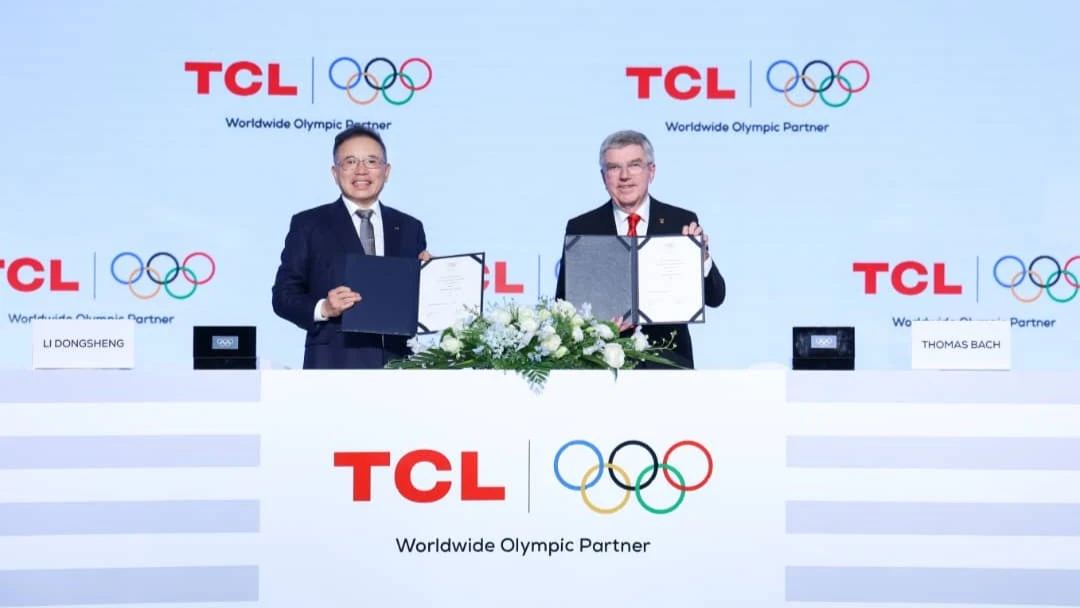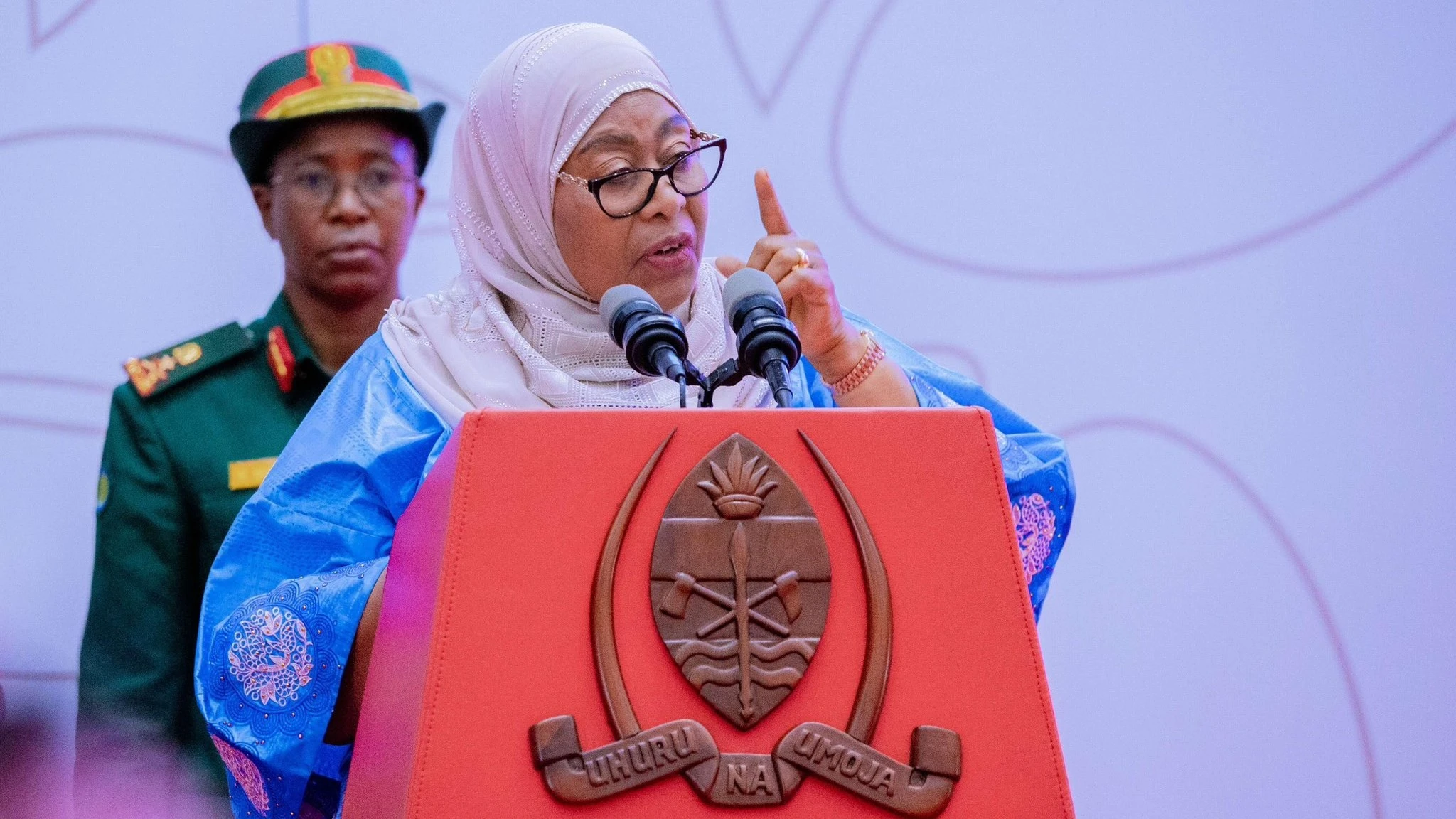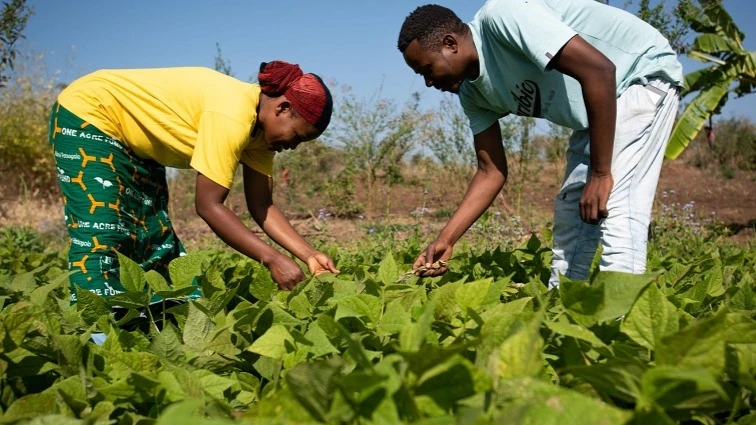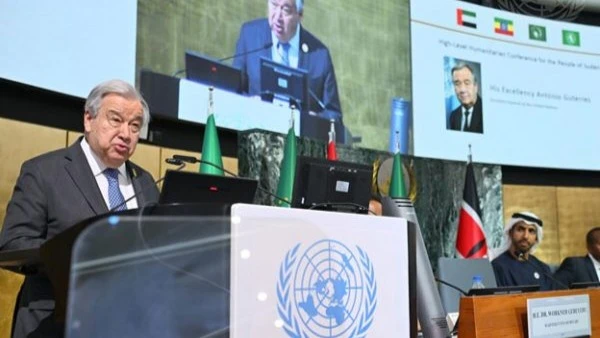Govt to import 60,000 tons of fertiliser for tobacco farmers
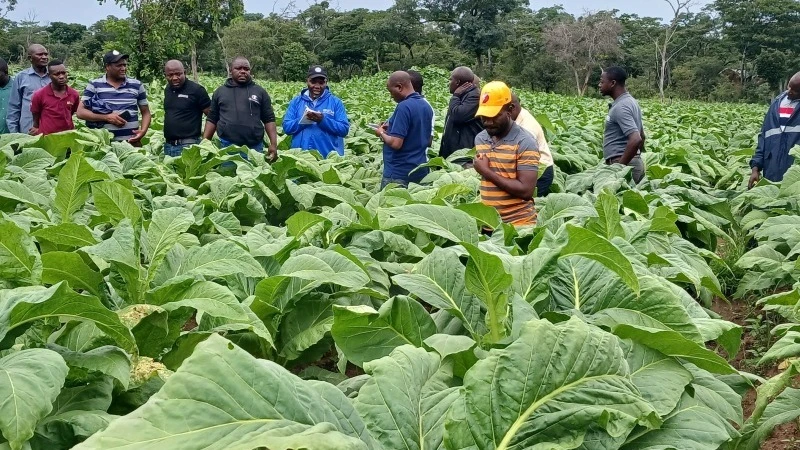
The government has started preparations for the new tobacco farming season by importing 60,000 tons of subsidized fertilizer from Zambia to ease farmers' access to the product.
This importation of fertilizer is in response to President Samia Suluhu Hassan’s recent directive to the Ministry of Agriculture to ensure that inputs reach farmers on time so that they align with the farming season.
Receiving the consignment of fertilizer, the Deputy Minister of Agriculture, David Silinde, said that more than 170 trucks carrying the product have arrived in the country, and this is the first phase based on the importation agreements made.
He mentioned that this first phase is intended for tobacco fertilizer, and after that, they will begin importing other fertilizers for the cultivation of other crops, including food crops.
He said the Ministry will continue implementing President Samia's directives to ensure that farmers get agricultural inputs on time. He also assured all farmers in the country that they will receive subsidized fertilizer before the rains start.
“Today we are here in Mbeya to receive the subsidized fertilizer; these are the instructions from President Samia, and we have fulfilled her directives. We are handing it over to the regional commissioner to ensure the security of this fertilizer and that it reaches all farmers,” Silinde said.
The Director General of the Tanzania Fertilizer Company (TFC), Samuel Mshote, said that the fertilizer that has arrived in the country is sufficient for the needs of tobacco farmers. Therefore, they should take advantage of this opportunity to increase the productivity of the crop in the country.
He said that for the fiscal year 2024/2025, the government has directed TFC to import 130,000 tons of fertilizer from Zambia, so the arrival of these tons for tobacco farmers is part of that total.
“For now, we ask farmers to rush and purchase this fertilizer quickly to prepare for the new farming season, which will begin soon,” Mshote said.
The Mbeya Regional Commissioner, Juma Homera, said that for a long time, tobacco farmers have been complaining about being excluded from the subsidized fertilizer program, so the arrival of this fertilizer addresses their concerns.
He said that in the upcoming season, the region expects to increase the production of the crop from 24,000 tons last season to over 30,000 tons.
However, he said that they have already arranged a good system for distributing the fertilizer to primary cooperatives and ensuring that it reaches farmers in all villages.
He urged tobacco farmers to remain calm as each one will be reached according to the planned system.
Tobacco production in Tanzania in 2024/2025 is expected to experience a positive boost due to the government's initiatives to support farmers and enhance agricultural productivity.
Tobacco is one of the key cash crops in the country, especially in regions like Tabora, Mbeya, and Ruvuma. Tanzania is among the top tobacco producers in Africa, contributing significantly to the country’s agricultural exports.
Tobacco remains a significant export crop for Tanzania, with demand in international markets like Europe, Asia, and the Middle East.
However, the sector faces challenges such as fluctuating global prices and increasing regulations on tobacco consumption in many countries.
During the year ended in July, the crop injected a total of US$455 million in foreign exchange, which is equivalent to combined income of coffee and cashewnuts.
Despite the government's efforts, tobacco farmers face challenges like unpredictable weather patterns, market price fluctuations, and competition from other tobacco-producing countries.
Furthermore, there is growing pressure from global health organizations to reduce tobacco consumption, which might affect long-term demand.
Top Headlines
© 2025 IPPMEDIA.COM. ALL RIGHTS RESERVED











